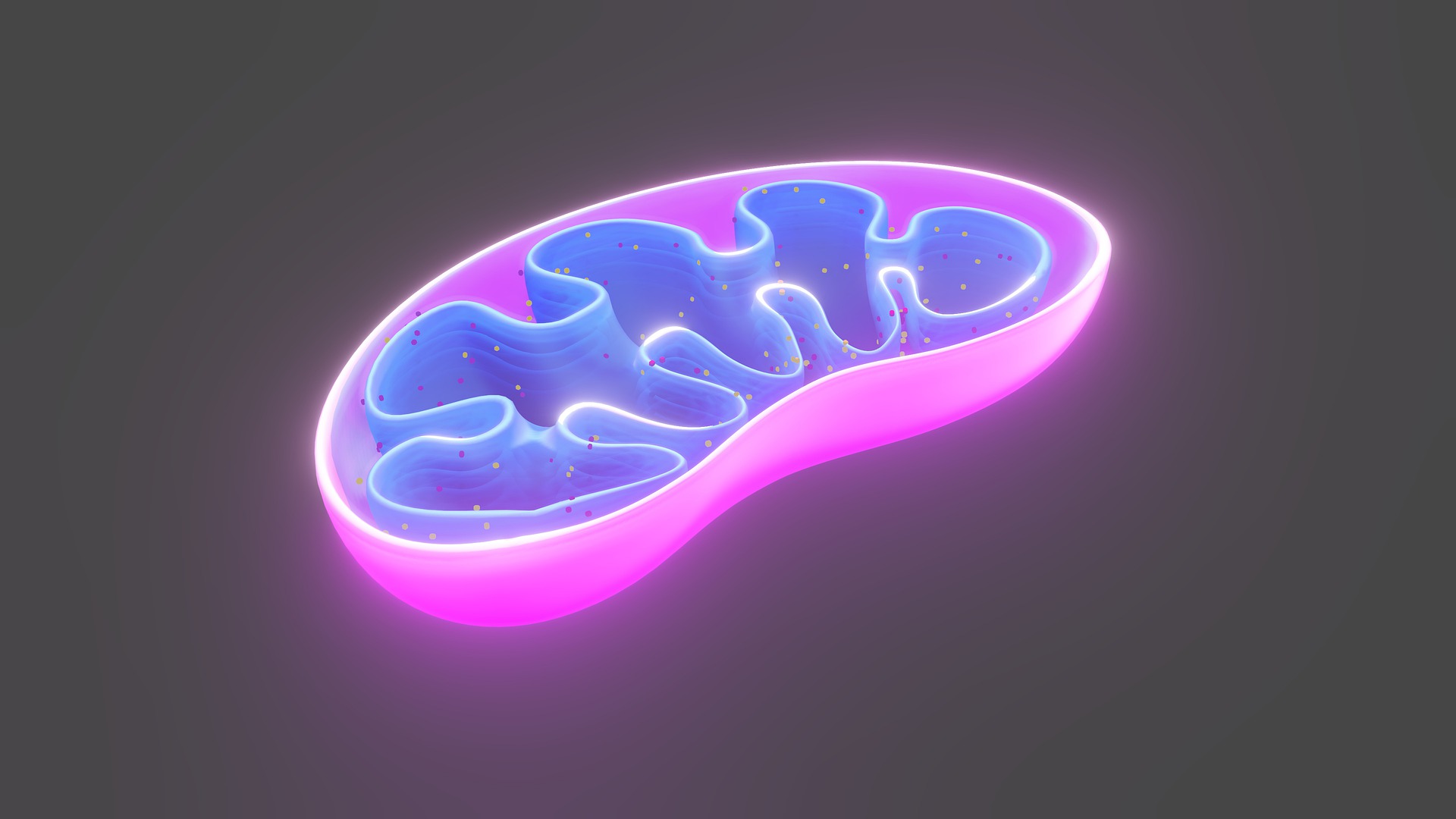Expert Reaction
These comments have been collated by the Science Media Centre to provide a variety of expert perspectives on this issue. Feel free to use these quotes in your stories. Views expressed are the personal opinions of the experts named. They do not represent the views of the SMC or any other organisation unless specifically stated.
Dr Doug Lingard is the Chairman of the Mito Foundation.
This vote will give hope to hundreds of families afflicted by mitochondrial disease. It's a vote for the advancement of medicine in Australia, a vote that heralds a breakthrough in treatment for affected families that's underpinned by good science. Future generations will look back upon the passing of the Mitochondrial Disease Reform Bill as simply good common sense.
Professor Ainsley Newson is based at Sydney Health Ethics at the University of Sydney
The Australian government’s vote to allow mitochondrial donation under a cautious and prudent legal framework is to be welcomed. This legislation will help affected Australian families who wish to avoid passing mitochondrial disease to their children. There are a small number of families who will seek to use this technology, but for them the impact of this change will be profound.
The law strikes the right balance between scientific, social and ethical aspects of mitochondrial donation. It facilitates access to families who desire to use it, but does so under a careful and staged process to gather important longer-term evidence about safety and effectiveness. Any children born of this technique will have access to quality follow-up care and access to information about how they came to be born.
Australia is only the second country in the world to specifically legalise this technique. The legislation came about after many years of research and consultation with experts and the public
Professor Jackie Leach Scully is Professor of Bioethics at UNSW
Mitochondrial donation will result in a child without mitochondrial disease and carrying a tiny amount of the donor mitochondrial DNA. What makes this ethically contentious is that it crosses a previously firm line preventing transfer of one individual’s DNA to another - but many people argue the benefit to the child and family outweighs that. Another important issue is to be clear about the legal relationship between the donor and the resulting child - are they more like blood donors, organ donors, or sperm donors?



 Australia; NSW; VIC
Australia; NSW; VIC



